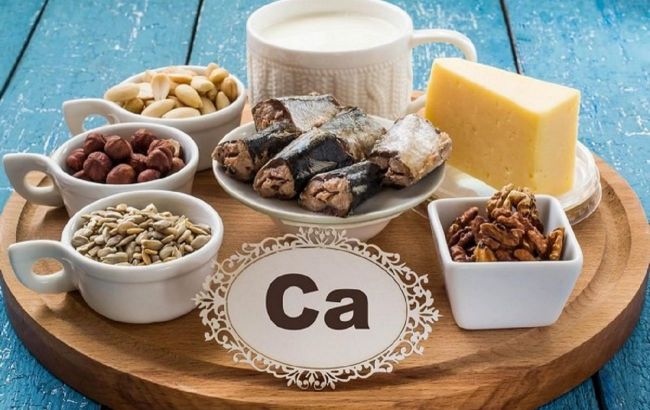These 3 products have far more calcium than milk
 Photo: Which foods have the most calcium (freepik.com)
Photo: Which foods have the most calcium (freepik.com)
Calcium is a vital mineral necessary for strong bones, healthy teeth, and the proper functioning of the heart and muscles. Traditionally, milk has been considered the main source of calcium. However, in reality, some foods contain even more of this element than milk.
RBC-Ukraine discusses three products that surpass milk in calcium content.
Sesame seeds – 975 mg of calcium per 100 g
Sesame is a true champion when it comes to calcium content. Just one tablespoon of sesame seeds contains about 90 mg of calcium – more than a glass of milk!
Benefits of sesame:
- Strengthens bones and teeth
- Supports cardiovascular health
- Improves the condition of skin, hair, and nails
How to consume: Add sesame to salads, yogurts, baked goods, or use it as tahini (sesame paste).
Almonds – 264 mg of calcium per 100 g
Almonds are another excellent plant-based source of calcium. In addition, they contain vitamin E, protein, and healthy fats, making them perfect for a balanced diet.
Benefits of almonds:
- Reduces "bad" cholesterol levels
- Enhances brain function
- Helps regulate blood sugar levels
How to consume: Eat raw or roasted almonds, add them to oatmeal, smoothies, or make almond milk.
Kale (leafy cabbage) – 254 mg of calcium per 100 g
Greens can also be a great source of calcium! Kale contains a high amount of this mineral and is easily absorbed by the body.
Benefits of kale:
- Detoxifies the body
- Strengthens the immune system
- Supports eye and heart health
How to consume: Add kale leaves to salads, make smoothies, or sauté with olive oil.
Sources: Wikipedia, Nutrients, and Health.
This material is for informational purposes only and should not be used for medical diagnosis or self-treatment. Our goal is to provide readers with accurate information about symptoms, causes, and methods of detecting diseases. RBС-Ukraine is not responsible for any diagnoses that readers may make based on materials from the resource. We do not recommend self-treatment and advise consulting a doctor in case of any health concerns.

